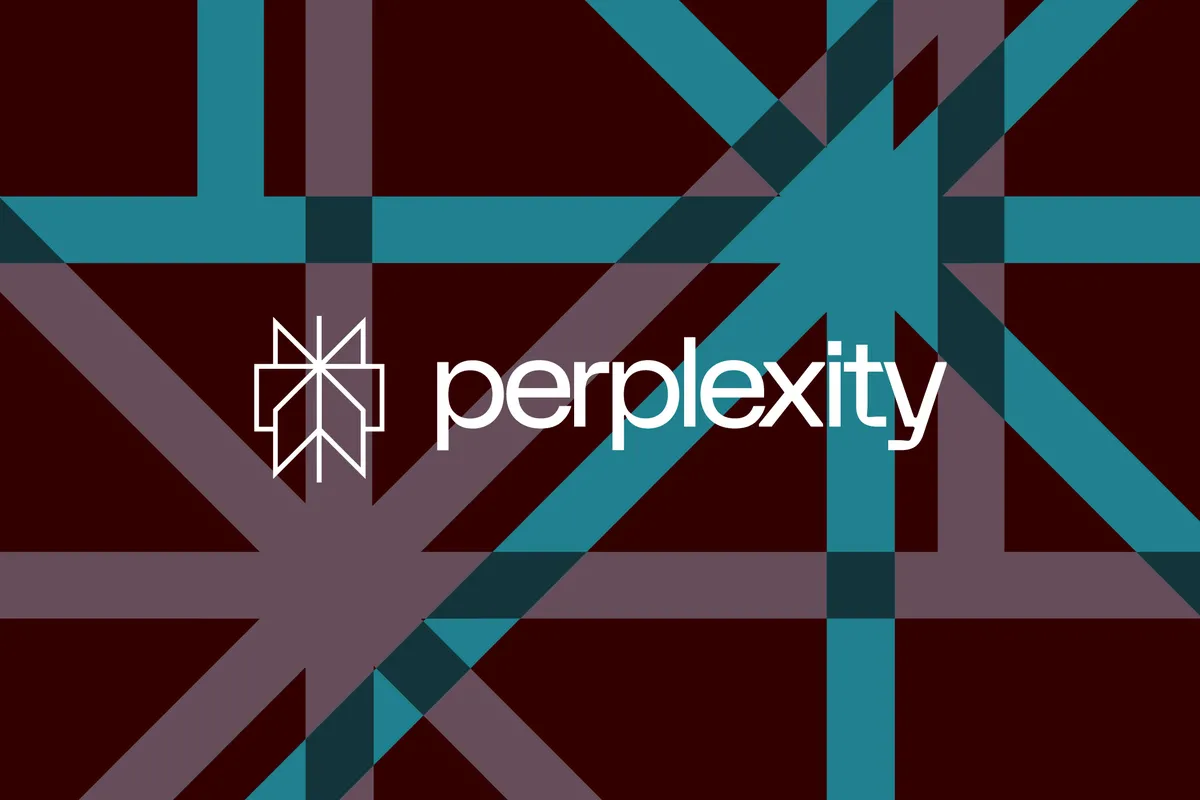In the rapidly evolving world of artificial intelligence (AI), the line between innovation and ethical misconduct can sometimes blur. A recent example is the controversy surrounding Perplexity AI, a startup that has come under fire for allegations of plagiarism and unethical data scraping practices. This incident not only highlights the challenges of AI in the domain of content creation but also raises broader questions about the ethical use of AI technologies.
Understanding the Controversy
Perplexity AI, an AI-powered search startup, promised to revolutionize the way we access information by replacing traditional search engines with what they call an "answer engine." This tool was designed to digest extensive internet content and provide concise, direct answers to user queries without the need for sifting through search results. However, this innovative approach has led to significant ethical and legal challenges.
Several prominent news outlets, including Wired and Forbes, have accused Perplexity of plagiarizing content from their articles. The allegations suggest that Perplexity’s AI scraped content from these websites—even those that explicitly used robots.txt files to block such actions—and then reproduced it without adequate attribution, sometimes verbatim.
Wired detailed an instance where their own article on Perplexity’s unethical practices was allegedly plagiarized by the very company it scrutinized. This incident brings to the forefront the issues of AI-generated content and the fine line it walks between summarization and plagiarism.
The Ethical Dilemma of AI and Content Creation
The core ethical issue with Perplexity’s operation lies in how AI should be used to handle human-generated content. Plagiarism, as understood in human terms, involves taking someone else’s work and passing it off as your own without proper attribution. When an AI does this, the question arises: who is responsible for the theft? Is it the AI, the developers, or the company that owns the AI?
AI technologies like those developed by Perplexity are trained on vast datasets, often scraped from the web, which may contain copyrighted materials. The developers of these technologies must navigate copyright law, which allows for some uses of copyrighted materials under doctrines like fair use, but typically requires that the material be transformed or commented upon in a substantive way. Simply reproducing it, even for purposes like summarization, can legally and ethically be considered infringement if not done correctly.
Legal Implications and Industry Response
The legal framework around AI and copyright is still evolving. The Robots Exclusion Protocol, which Perplexity is accused of violating, is a standard used by websites to communicate with web crawlers and is not legally enforceable. However, ignoring this protocol and scraping content against a publisher’s wishes poses significant ethical questions and can lead to legal challenges.
Industry experts have criticized Perplexity not just for potential legal violations but for ethical misconduct which could undermine public trust in AI technologies. Trust is crucial for the adoption of new technologies, and incidents like these can be severely damaging.
Future of AI: Ethical Guidelines and Regulations
This controversy underscores the need for clearer guidelines and perhaps more stringent regulations governing AI development and deployment, especially in areas involving intellectual property. As AI tools become more capable of producing human-like text, the potential for misuse grows. The industry might need to establish standard practices for training AI models, perhaps moving towards more transparent methods where the sourcing of training data is made clear and is obtained ethically.
Moreover, companies like Perplexity could benefit from proactive measures, such as developing partnerships with content creators and establishing clear citation practices, to ensure that their technologies do not inadvertently promote unethical practices.
Conclusion
The Perplexity AI scandal is a cautionary tale for the AI industry. It highlights the potential pitfalls of deploying AI technologies without fully considering the ethical and legal implications. As AI continues to permeate all aspects of life, the need for robust ethical frameworks and regulations becomes increasingly important. Only through responsible practices can the AI industry hope to maintain public trust and achieve its full potential in enhancing human capabilities without crossing ethical boundaries.
In sum, while AI offers vast potential to transform society, it must be guided by a strong ethical compass. The Perplexity AI controversy is not just a setback for one company but a wake-up call for the entire industry to prioritize ethics alongside innovation.

